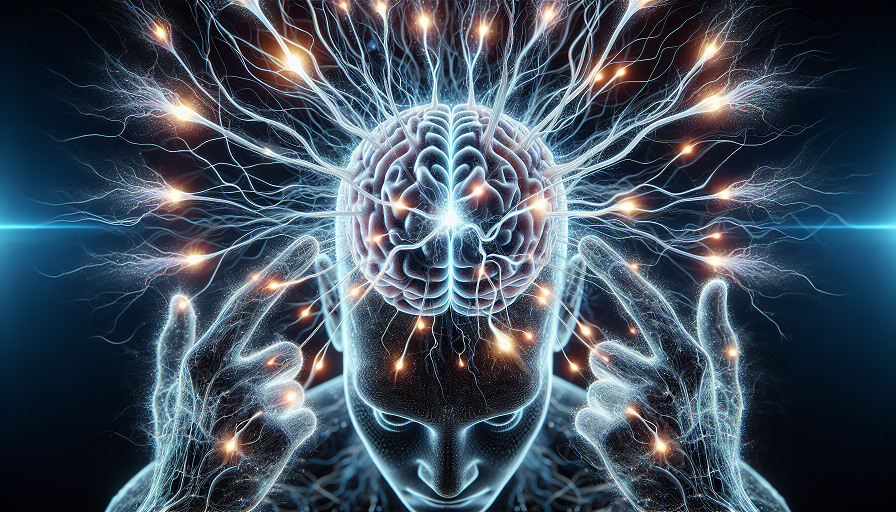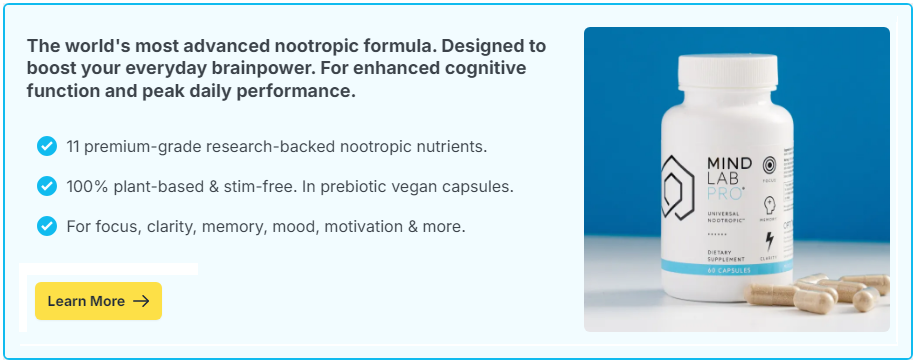
Social anxiety is a common but often debilitating condition that affects millions of people worldwide. Whether it’s a fear of public speaking, difficulty initiating conversations, or overwhelming nervousness in social settings, social anxiety can significantly impact a person’s confidence and daily life.
While therapy and prescription medications like SSRIs or benzodiazepines are common treatments, many individuals seek natural alternatives to help manage their anxiety. One such supplement that has gained attention is L-Theanine, a naturally occurring amino acid found in tea leaves, particularly in green tea.
But can L-Theanine truly help reduce social anxiety? How does it work, and is it a viable alternative or complement to traditional anxiety treatments? This article takes a deep dive into the science behind L-Theanine and its potential role in alleviating social anxiety symptoms.
Contents
What Is L-Theanine?
L-Theanine is a non-essential amino acid primarily found in green and black tea, as well as certain mushrooms. It is well known for its calming effects and ability to promote relaxation without causing drowsiness.
How Does L-Theanine Work?
L-Theanine influences brain function through several key mechanisms:
- Increases Alpha Brain Waves – Alpha waves are associated with a state of relaxed alertness, similar to the feeling experienced during meditation.
- Boosts GABA, Dopamine, and Serotonin – These neurotransmitters play a crucial role in regulating mood, reducing stress, and promoting a sense of well-being.
- Reduces Cortisol Levels – Cortisol is the body’s primary stress hormone, and excessive levels can contribute to anxiety.
- Counteracts the Negative Effects of Caffeine – L-Theanine is often paired with caffeine to enhance focus while reducing jitteriness.
Can L-Theanine Help Reduce Social Anxiety?
Social anxiety stems from excessive fear of judgment, embarrassment, or negative evaluation in social settings. This often leads to avoidance behaviors and heightened nervousness in social interactions. Since L-Theanine has calming effects, it may help ease these symptoms.
Scientific Evidence Supporting L-Theanine for Anxiety
- A 2016 study published in Pharmacology, Biochemistry, and Behavior found that L-Theanine reduced stress responses and lowered heart rate in individuals exposed to stressful situations.
- A 2019 study in the Journal of Psychiatric Research found that L-Theanine supplementation reduced anxiety symptoms in individuals diagnosed with Generalized Anxiety Disorder (GAD), suggesting potential benefits for social anxiety as well.
- A 2011 study published in Biological Psychology showed that L-Theanine increased alpha wave activity, promoting a relaxed but alert mental state.
These findings suggest that L-Theanine may help reduce social anxiety symptoms by calming the nervous system while maintaining mental clarity and focus.
Potential Benefits of L-Theanine for Social Anxiety
Reduces Pre-Social Anxiety Nervousness
Many people with social anxiety experience anticipatory anxiety before social events. L-Theanine can help by lowering cortisol levels and promoting relaxation, making it easier to approach social situations with confidence.
Improves Verbal Fluency and Social Performance
Social anxiety can cause mental blocks, making it difficult to carry conversations. Because L-Theanine enhances alpha wave activity, it may improve verbal fluency and help individuals think more clearly in social interactions.
Lowers Heart Rate and Physical Anxiety Symptoms
Social anxiety often manifests physically, with symptoms like racing heart, sweating, and trembling. Studies show that L-Theanine reduces heart rate and other stress-related physiological responses.
Enhances Mood and Emotional Stability
L-Theanine increases serotonin and dopamine levels, which help stabilize mood and reduce negative emotional responses associated with social anxiety.
Combats Caffeine-Induced Anxiety
Many people rely on caffeine for energy but experience jitters and increased anxiety. Since L-Theanine reduces caffeine’s overstimulating effects, it may help individuals with social anxiety enjoy the focus benefits of caffeine without the nervousness.
How to Take L-Theanine for Social Anxiety
Recommended Dosage
- Low Dose: 50–100 mg (mild calming effect, good for daily use).
- Moderate Dose: 200 mg (sufficient for noticeable relaxation).
- High Dose: 300–400 mg (for significant anxiety relief, used occasionally).
When to Take It
- Before Social Events: Take 30–60 minutes before an anticipated anxiety-inducing situation.
- Daily Use: Can be taken once or twice daily for ongoing anxiety management.
Best Forms of L-Theanine
- Capsules/Tablets: Convenient for precise dosing.
- Powder: Can be mixed into tea or other beverages.
- Green Tea: Naturally contains L-Theanine but in lower amounts.
Potential Side Effects and Considerations
L-Theanine is generally well tolerated, but some individuals may experience mild side effects.
Possible Side Effects
- Drowsiness (especially at high doses).
- Lowered blood pressure.
- Dizziness in rare cases.
Who Should Avoid L-Theanine?
- Individuals with low blood pressure (as it may reduce blood pressure further).
- Those taking sedatives (as it may enhance their effects).
- People with severe anxiety disorders (should consult a doctor before use).
How L-Theanine Compares to Other Social Anxiety Treatments
While L-Theanine is a natural and effective option, it may not be as potent as prescription medications. Here’s how it compares:
| Treatment | Effectiveness | Side Effects |
|---|---|---|
| L-Theanine | Mild to moderate anxiety relief, non-sedating. | Minimal, possible drowsiness. |
| SSRIs (e.g., Zoloft, Lexapro) | Highly effective but takes weeks to work. | Weight gain, sexual dysfunction, withdrawal symptoms. |
| Benzodiazepines (e.g., Xanax, Valium) | Immediate anxiety relief. | Dependency risk, sedation, cognitive impairment. |
L-Theanine offers a promising natural option for reducing social anxiety by promoting relaxation, improving focus, and lowering stress responses. While it may not be as powerful as prescription medications, it provides a side-effect-free way to manage mild to moderate social anxiety.

